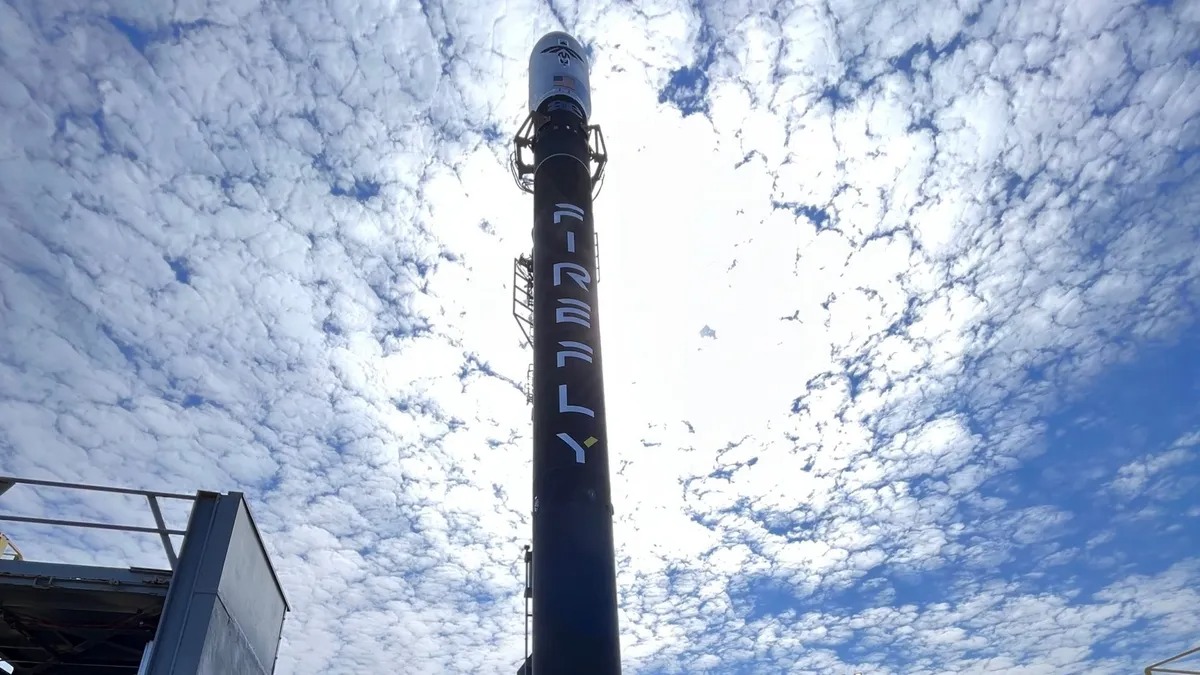In the early morning of September 30, Firefly Alpha had another false start in its quest to conquer space. But this time the rocket remained unharmed. Private space company Firefly Aerospace hopes to follow in the footsteps of SpaceX and Rocket Lab by launching its Alpha rocket for the second time from the Vandenberg Space Force Base on the California coast. However, when the countdown to launch reached zero, the Reaver engines started working only for a short time — such thrust was not enough to lift the rocket off the ground.

“The rocket switched to automatic abort mode after burning — this is one of the safety mechanisms. The team canceled the launch attempt and determined the next launch window,” explained the incident in Firefly.
Friday’s attempt was the second for Firefly Alpha. The first attempt on September 2, 2021 ended with the destruction of the rocket, which was due to the premature shutdown of its engine. When the rocket began to deviate from its course, the US Space Force activated the on-board flight termination system, blowing up Alpha over the Pacific Ocean to ensure the safety of people on earth.
Bankruptcy and the first unsuccessful attempt
Alpha is not a reusable rocket like the Falcon 9. It is comparable to Rocket Lab’s Electron, which is mainly designed to send small satellites into orbit. Both spacecraft have significantly lower capacity compared to the SpaceX Falcon 9, which can carry large, heavy satellites. But this makes Electron and Alpha launches cheaper.
The second test launch of Firefly Alpha was scheduled to take place on September 11, 2022. But due to an unexpected drop in pressure in the fuel system, the start was postponed to the next day. Then it was postponed again due to strong winds, and further weather problems postponed the launch date to September 30.
This mission has been developed for a long time. The Texas company Firefly has existed in one form or another since 2014 and even managed to go bankrupt. The company was reformed in 2017 to compete with companies such as Rocket Lab in pursuit of customers interested in putting small satellites into Earth orbit.
According to CNET
Follow us on Twitter to get the most interesting space news in time
https://twitter.com/ust_magazine
